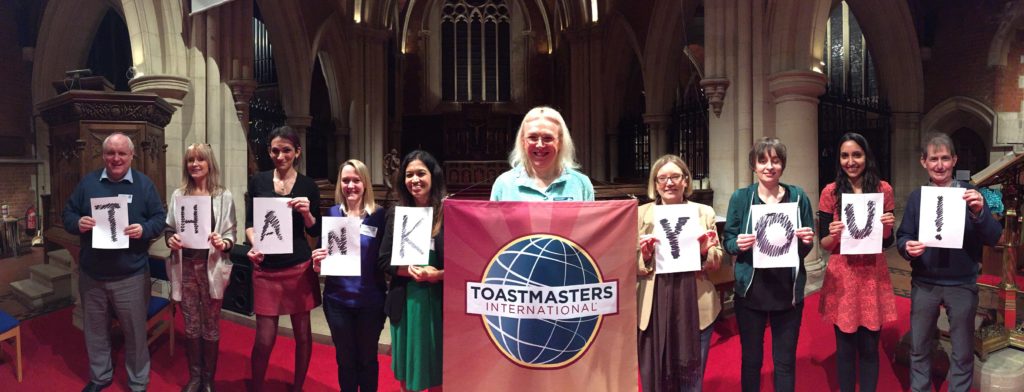By Nikita Parks, Area J22 Director
Georg Hegel’s work is some of the most dense, difficult philosophy ever written, however, it is profoundly influential even now, some 200 years on. Karl Marx remains Hegel’s most prominent follower. Lev Vygotsky, a Soviet-era Marxist, and prominent developmental psychologist, was influenced by both. Vygotsky described a “zone of proximal development”, which is that which lies beyond one’s current capability but within one’s capacity to learn. Vygotsky also described “scaffolding”, which comprises the tools provided by others to help the learner to learn. As the learner learns, so their capabilities and their zone of proximal development are both extended. I think you will concur that Toastmasters’ Pathways programme has a distinctly Vygotskian character to it. It embodies differing processes for becoming a better leader.

Hegel’s Dialectic is the philosophy underlying this process of becoming. Hegel envisages our existence as a series of struggles. At every stage, there is a proposition, a “thesis”, and its negation, the “antithesis” which are opposing forces in a perpetual struggle. A snapshot decision point, a “synthesis” enables a new stage to emerge, which becomes a new “thesis”. In this model, you can see trial and error learning, the abandonment of a habit that no longer works because the underlying influence has changed. The classic example of a dialectical struggle is the opposing forces of the need for stability and the need for change. Both are equally valid, despite being diametrically opposed. The current political situation in the UK can be viewed and perhaps understood more meaningfully through a dialectical lens. What does the country seek to become?
Hegel is explicit that the dialectic does not stand alone. It is integral to and requires social context. He describes its genesis from first principles as the emergent awareness of the self as distinct from another. Singularity is meaningless. The concept of an island or of a country is meaningless if there is only one of them. Thus consciousness of another produces self-consciousness. Hegel also explains that this depends on mutual recognition. If one country does not recognise the integrity of another, then it is likely that a war will ensue. Similarly there will be conflict if one person does not recognise the rights of another. We are particularly sensitive to violation of our interpersonal boundaries. In extremis, the ‘dark triad’ of personality disorders embody those who don’t recognise or respect these boundaries.
What we do in Toastmasters is all about our social context. We are consistently strong on recognition, we purposefully support each other and build each other up, we generally don’t tear each other down. However, we can usefully consider every interpersonal interaction from a dialectic perspective. You are the thesis, the other, the antithesis. What comes from you? What comes from the other? Is that stinging criticism justified, or does it say more about the person delivering it? Rather than becoming sensitive when we realise that our boundaries have been violated after the event, being mindful of what is coming from within ourselves and what is coming from the other person enables us to recognise when our boundaries are being threatened and to make smarter decisions and respond appropriately before they are violated.
The “inner critic”, that nagging inner voice that causes self-doubt and causes us to be self-limiting can be considered as the unhelpful internalisation of a lifetime of criticism. It’s a habit we can change. Recognise it as the antithesis of what Toastmasters is about, recognise that it did not come from us, but from others, and that it deserves no consideration, because it relates to the past and we are engaged in the active process of becoming better versions of ourselves. Banish that critic, believe in yourself and make sure you’re stretching yourself by working in your zone of proximal development. This is how leaders are made.
